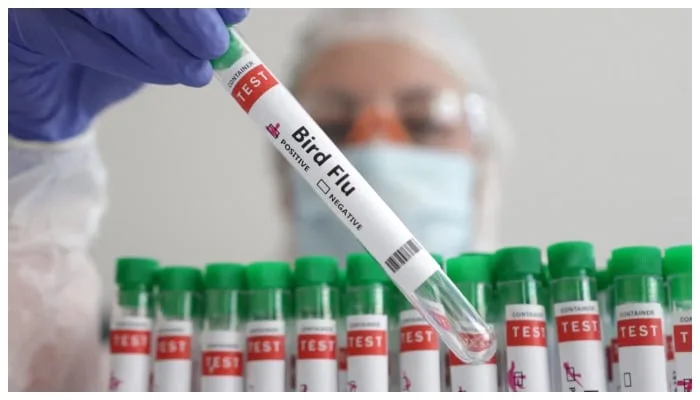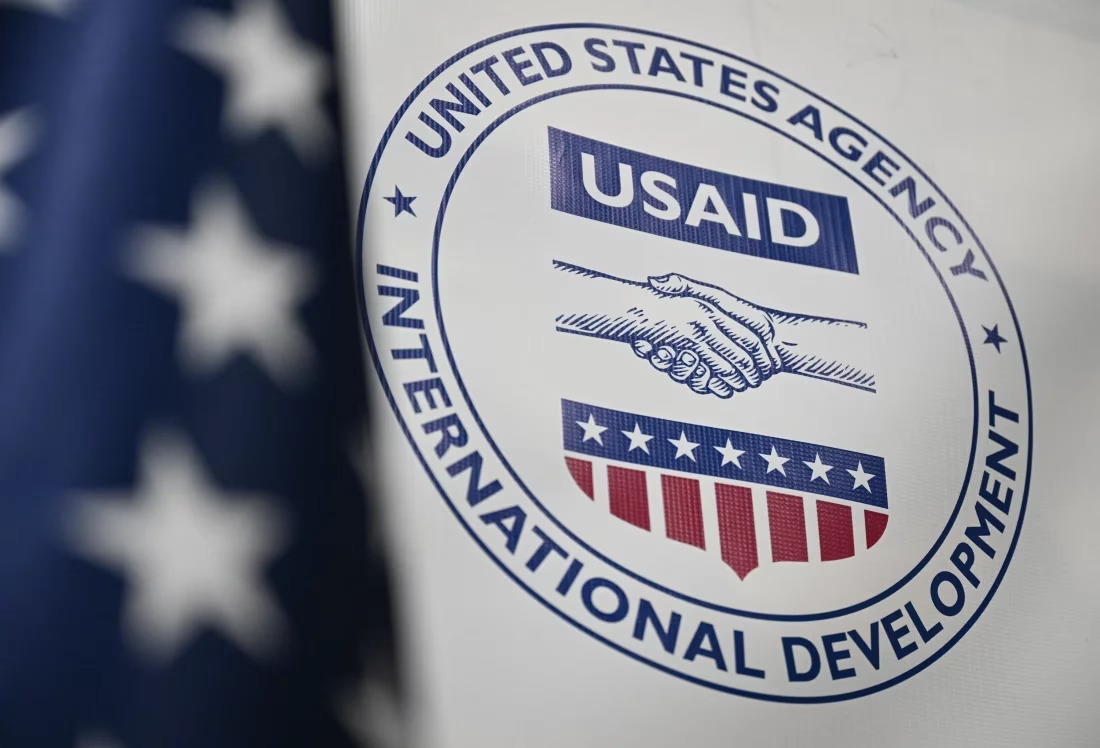A surge of disinformation about human metapneumovirus (HMPV), a flu-like respiratory virus, is exacerbating anti-China sentiment across Asia and triggering unnecessary fears of lockdowns, despite experts debunking claims that it poses a major threat akin to Covid-19. False social media posts have spread alarming rumors about mass casualties and emergency declarations in China, with some videos misleadingly using footage from the previous pandemic to fuel panic.
The misinformation gained traction even as the World Health Organization (WHO) reported that the HMPV outbreak in China was within expected seasonal levels. Philip Mai, co-director of the Social Media Lab at Toronto Metropolitan University, criticized the disinformation, noting an uptick in anti-Chinese rhetoric and accusing some posts of intentionally stirring fear.
Among the most viral posts was a video that falsely claimed that China had begun isolating its population to combat HMPV. AFP fact-checkers found that the footage was unrelated to the current situation, dating back to a 2022 altercation in Shanghai.
Virologists also refuted claims that HMPV and Covid-19 had cross-mutated into a more dangerous strain, explaining that the viruses belong to separate families and cannot merge. Despite this, sensationalized headlines and “clickbait” articles continued to spread the false narrative that HMPV was a “mystery illness” overwhelming Chinese hospitals, with experts calling out the attempts to monetize public panic.
The disinformation campaign has also fueled xenophobia, with some social media users pushing harmful messages, such as calling for a ban on Chinese citizens entering countries like the Philippines. As the falsehoods spread across Southeast Asia, including India, Indonesia, and Japan, concerns have risen about how such fearmongering could undermine public health responses to future pandemics.
Experts, including Isaac Stone Fish, CEO of Strategy Risks, urge a balanced response—distrusting China’s official statements on public health while avoiding blanket assumptions or discrimination against Chinese people. The fear generated by the disinformation could undermine efforts to address real public health challenges in the future, with experts warning of the long-term risks of an anxious and misinformed public.



